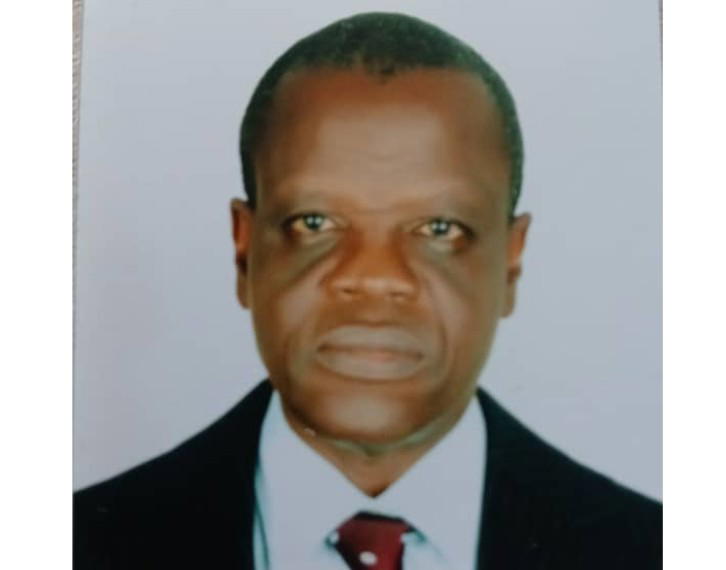Jonathan’s Betrayal And Tinubu’s Untold Prison Experience, by Emmanuel Aziken

President Goodluck Jonathan and Chief Mike Oghiadomhe share a political kinship born in adversity. Both began their rise from the shadows as deputy governors with little influence under powerful principals.
Oghiadomhe, widely believed to have been chosen at the instance of the late Rear Admiral Mike Akhigbe, served as deputy to Governor Lucky Igbinedion in Edo State. In that administration, his role was peripheral.
Jonathan, as deputy to Governor Diepreye Alamieyeseigha in Bayelsa, fared no better. His small, run-down office in Government House reflected his marginalisation.
It was this shared obscurity that cemented their bond — a friendship that has endured decades, even after both men climbed to the peak of national politics.
It was as such a revelation when speaking At Oghiadomhe’s 70th birthday, Jonathan reflected on their journey together and turned candid about betrayal in Nigerian politics.
“One of the few friends that can give up their necks for me is Mike,” Jonathan declared. “You know politics in the Nigerian standard is about betrayals. You find it difficult to see somebody who will say the same thing in the morning and in the evening. I’ve witnessed a lot of betrayals, especially during my 2015 election, and Mike is somebody who would take a bullet on my behalf.”
Jonathan’s comments were a rare public admission. Since his 2015 defeat, his body language has shown a deliberate distancing from those he believes betrayed him — within the PDP leadership, his cabinet, and even his political allies.
Jonathan’s fall in 2015 was not just the result of a strong opposition coalition. It was worsened by internal sabotage. He once claimed Boko Haram sympathisers had infiltrated his government, a warning many dismissed as weakness.
In hindsight, his complaints ring true. Just days ago, Buhari loyalist Farouk Adamu Aliyu admitted on national television that he and other APC leaders, including Kayode Fayemi and Nasir El-Rufai, deliberately spread wrong information about Jonathan during the campaign.
The sophisticated APC propaganda machine overwhelmed him. And when defeat came, many of those who had enjoyed his patronage abandoned him overnight.
Now, President Bola Tinubu — the only Nigerian to have won the presidency entirely on his own terms — has offered a startling confession. Meeting recently with Buhari disciples, including Farouk Aliyu, Tinubu admitted he too feels like a prisoner inside Aso Rock.
His lament echoed Jonathan’s earlier frustrations: a presidency insulated from the realities of ordinary Nigerians, with hangers-on, aides, and cliques controlling access to the leader.
Every president may feel confined, but what they do with the limited freedom available defines their legacy. Jonathan mismanaged betrayal and lost power. Tinubu, so far, appears to be managing his allies more shrewdly — often playing one against the other to maintain balance.
A telling example came when Tinubu abruptly sacked the Nigerian Television Authority (NTA) management after being told they were underperforming. The decision was reportedly engineered by loyalists from the Lagos bloc, eager to plant their own.
It took the intervention of Information Minister Mohammed Idris to correct the error, pointing out that the new management had barely settled in. Tinubu reversed the sack.
The episode revealed how decisions — from lopsided appointments that exclude the South-South and Southeast, to sudden administrative shake-ups — are sometimes taken “in the name of the president” while he remains in confinement.
Jonathan’s lament at Oghiadomhe’s birthday resonates because betrayal is the recurring currency of Nigerian politics. His 2015 downfall was hastened by allies who abandoned him and now serve in new circles of power.
Tinubu may be more politically streetwise, but he too is vulnerable. Many of those who now surround him as gatekeepers will one day betray him, just as they did Jonathan. In time, they will move on to another “prisoner” in Aso Rock.
The Nigerian presidency, powerful as it seems, remains a paradox: the highest office in the land, yet a place of confinement. Presidents are hemmed in by loyalists and opportunists who exploit their access. When fortune shifts, these same actors quickly abandon the incumbent and rally around a new centre of power.
Jonathan’s betrayal and Tinubu’s ‘prison’ experience are two sides of the same coin — reminders that the trappings of office are no guarantee of loyalty, and that the true test of leadership lies in navigating the treacherous waters of betrayal and confinement.
As Jonathan found out in 2015, and as Tinubu has begun to sense in 2025, Aso Rock may be the seat of power, but it is also Nigeria’s loneliest prison.
The post Jonathan’s Betrayal And Tinubu’s Untold Prison Experience, by Emmanuel Aziken appeared first on Vanguard News.







